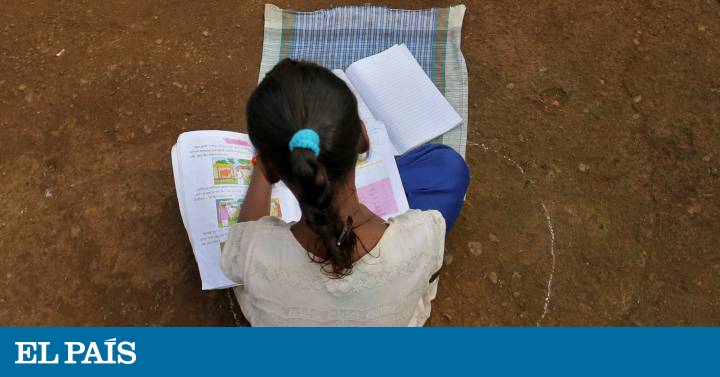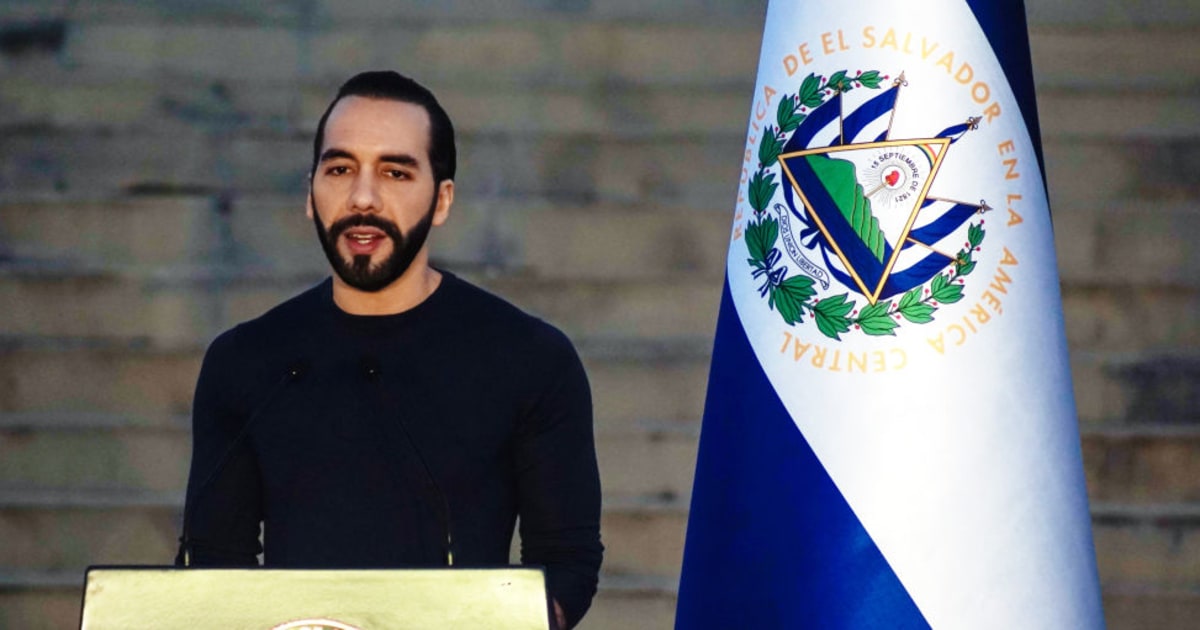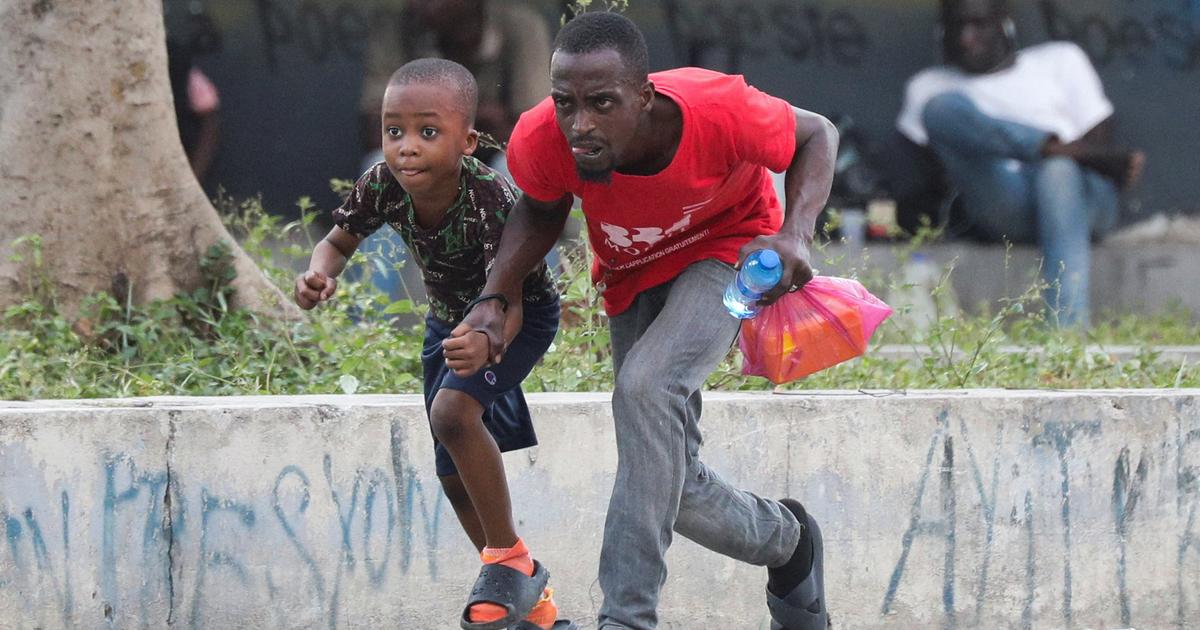"We are facing a generational catastrophe that could waste incalculable human potential, undermine decades of progress and exacerbate entrenched inequalities." This is how worried and forceful the UN Secretary General António Guterres was in a video message about the prolonged closure of schools around the world due to the pandemic. The United Nations called on all countries on Tuesday to give priority to the reopening of their schools as soon as they have controlled the local transmission of the coronavirus, warning that the current situation of closure poses the risk of a "generation catastrophe".
MORE INFORMATION
- "The indicators in education and poverty in Mexico will be worse after the pandemic"
- Games and lessons to survive without schools in a pandemic
- Study as a refugee child in the 'covid era'
Unesco fears that 24 million students of all levels in the world will abandon their education forever due to the closings induced by the coronavirus crisis and calls for continuity in learning to be maintained, especially for the most vulnerable. From this prediction, the most affected regions, according to the organization in favor of education, will be South and West Asia, with 5.9 million students who will leave their education hanging, and Sub-Saharan Africa, with 5, 3 millions.
The covid-19 has only exacerbated the education crisis that the world was already experiencing before the pandemic, with more than 250 million out-of-school children and, in developing countries, with only a quarter of high school students finishing their studies with basic competencies, according to the analysis presented by the UN, which analyzes the impact of the closure of schools, institutes and universities and offers recommendations to policy makers.
Last month, over 1 billion students were affected by # COVID19 school closures.
Even before the pandemic, the world was facing a learning crisis.
We must take bold steps now, to create inclusive, resilient, quality education systems fit for the future. https://t.co/fD4nwEkqUg pic.twitter.com/71ksZO2DHP
The greatest disruption education has ever suffered
The pandemic, stressed the UN secretary general, has caused "the greatest disruption education has ever suffered." "We live in a defining moment for children and youth around the world. The decisions governments and partners make now will have a lasting effect on hundreds of millions of youth, as well as on the development prospects of countries for decades" Guterres noted.
According to data from the agency, in mid-July schools remained closed in more than 160 countries, affecting more than 1 billion students, and more than a hundred nations have not yet announced dates for the reopening. Currently in Africa the countries that have reopened their schools are Botswana and Niger; in Latin America only Uruguay, Ecuador and Nicaragua, while in Europe it is France, Sweden, Norway, Austria and Switzerland that have resumed their face-to-face educational activity.
State of the schools in the world
February 16th
China has its schools partially open while Mongolia chooses to close schools across the country.
March 17
The closing of schools reaches almost all of Europe and Latin America.
April 4
Practically the entire world has paralyzed their educational activity. Many countries impose strict containment measures.
August 3rd
Currently, some countries have started to have open schools.
Source: UNESCO.
Luis sevillano pires / EL PAÍS
State of the schools in the world
February 16th
China has its schools partially open while Mongolia chooses to close schools across the country.
March 17
The closing of schools reaches almost all of Europe and Latin America.
April 4
Practically the entire world has paralyzed their educational activity. Many countries impose strict containment measures.
August 3rd
Currently, some countries have started to have open schools.
Source: UNESCO.
Luis sevillano pires / EL PAÍS
State of the schools in the world
February 16th
March 17
China has its schools partially open while Mongolia chooses to close schools across the country.
The closing of schools reaches almost all of Europe and Latin America.
August 3rd
April 4
Practically the entire world has paralyzed their educational activity. Many countries impose strict containment measures.
Currently, some countries have started to have open schools.
Source: UNESCO.
Luis sevillano pires / EL PAÍS
When will it be too late for a whole generation living without going to school? For the UN, it will be essential to find a balance between health risks and risks for the education and protection of children, in Guterres's words. "It will depend on the level of resilience that the educational system of each country has: if it is high, medium or low income, on the circumstances of the family ... In a poor country, even if the time to return to school is minor, you find that thousands of children have very little chance of returning, "explains Carmen Molina, director of awareness and childhood policies at Unicef Spain.
A generation lost to school dropout
Among the things that most concern the organization stands out the time lost by millions of preschool children, a stage considered key and that is "the great equalizer", according to Stefania Giannini, the deputy director general for Education, said at a press conference. of Unesco. The organization explains that higher education will be in relative terms the most affected by dropouts, with 3.5% less enrollment, which is equivalent to 7.9 million students. At preschool levels, the expected decrease will be 2.8%, with five million fewer children, while in primary the drop will be 0.27% and in secondary 1.48%. In total, this will mean that 5.2 million boys and 5.7 million girls will drop out of primary and secondary school.
Distance education, with radio, television and online classes, leaves many students behind, a particular risk for those with disabilities, from minority or disadvantaged communities, displaced persons and refugees, and those living in remote areas. The UN encourages taking advantage of the pandemic to transform education systems through an improvement in digital infrastructure. "We have a generational opportunity to reimagine education and teaching. We can leap forward and move towards progressive systems that deliver quality education for all, as a springboard to achieve the Sustainable Development Goals," said Guterres.
Thus, the pandemic is increasing educational inequalities and threatens to undo suddenly the progress made in recent decades. In Mexico it is feared that the pandemic will reverse all the progress made so far in education. And it is not the only country where long-term consequences are expected. "In countries like Syria, with a war for nine years, or countries with long-lasting emergencies, an entire generation is lost. Wherever there were engineers, doctors ... You find a country with that impoverished human capital. Having people formed requires a higher education, and to reach it you have to go through primary education. If it begins to fail in the most basic, we know that this country will suffer a decline in human capital of up to 50 years, "says Molina.
You can follow PLANETA FUTURO on Twitter and Facebook and Instagram, and subscribe here to our newsletter .









